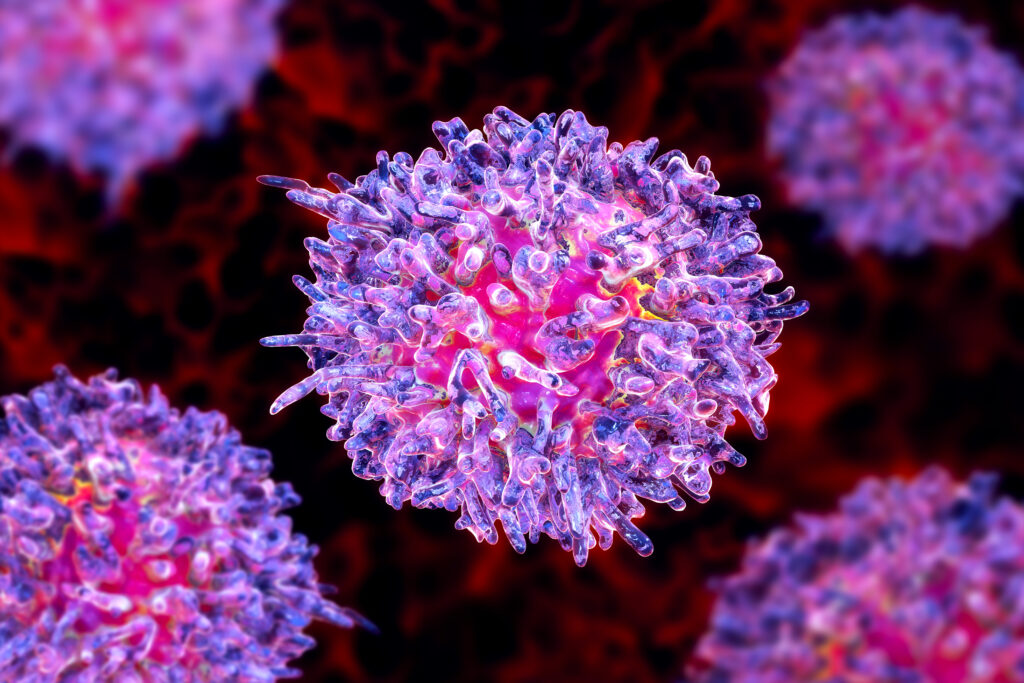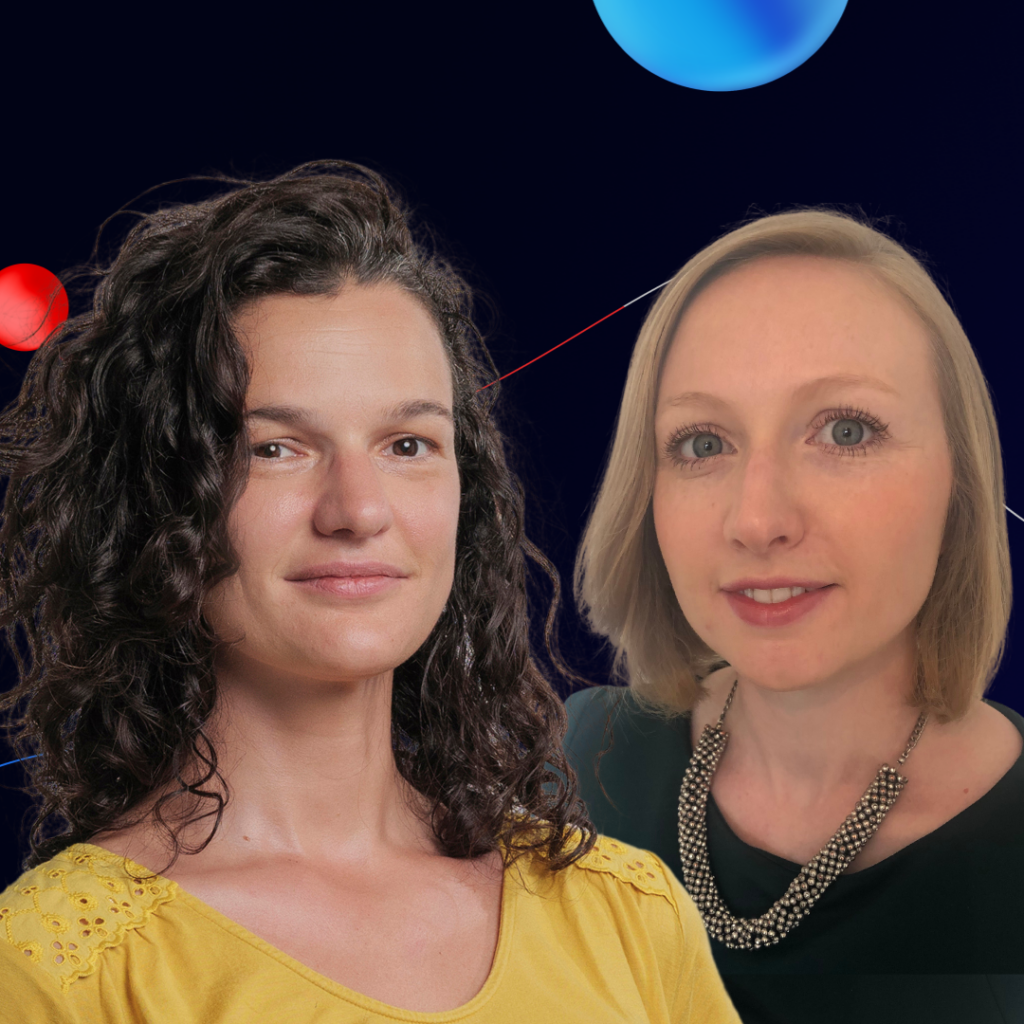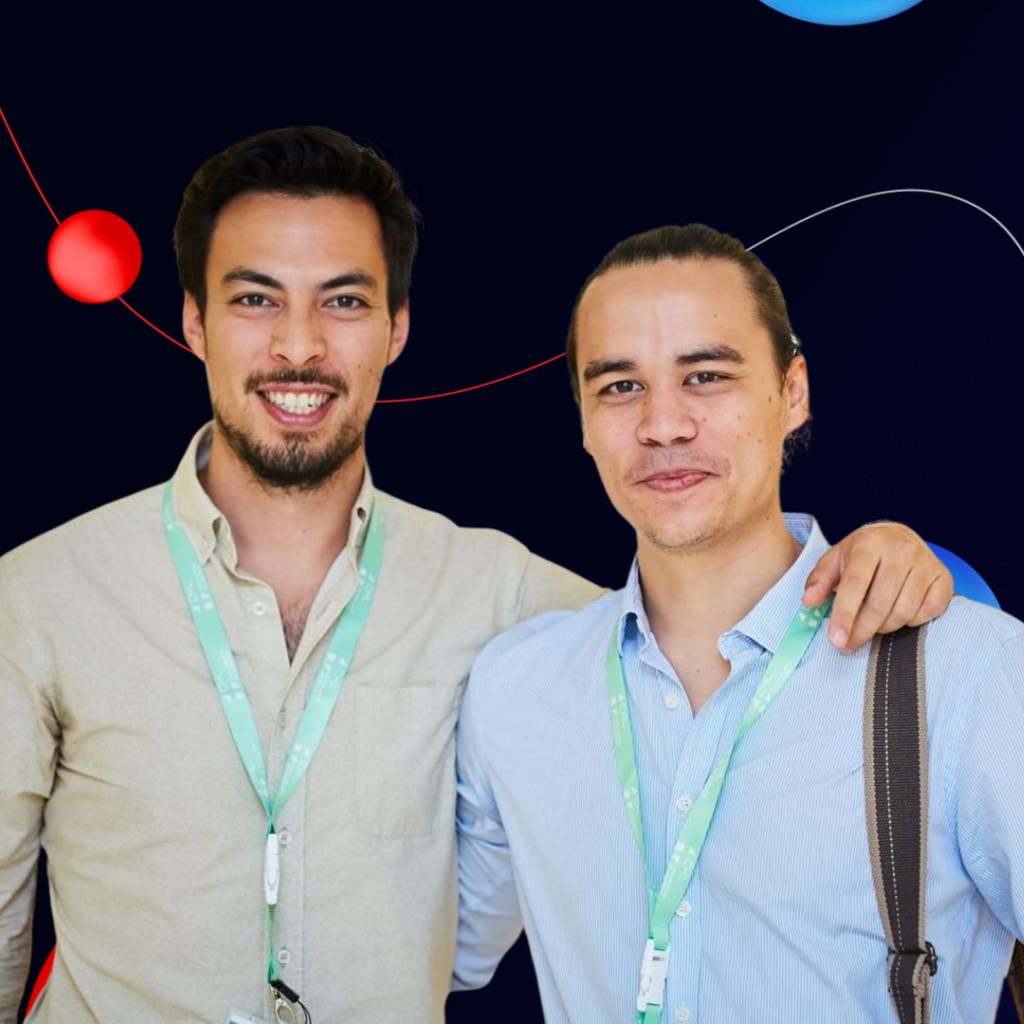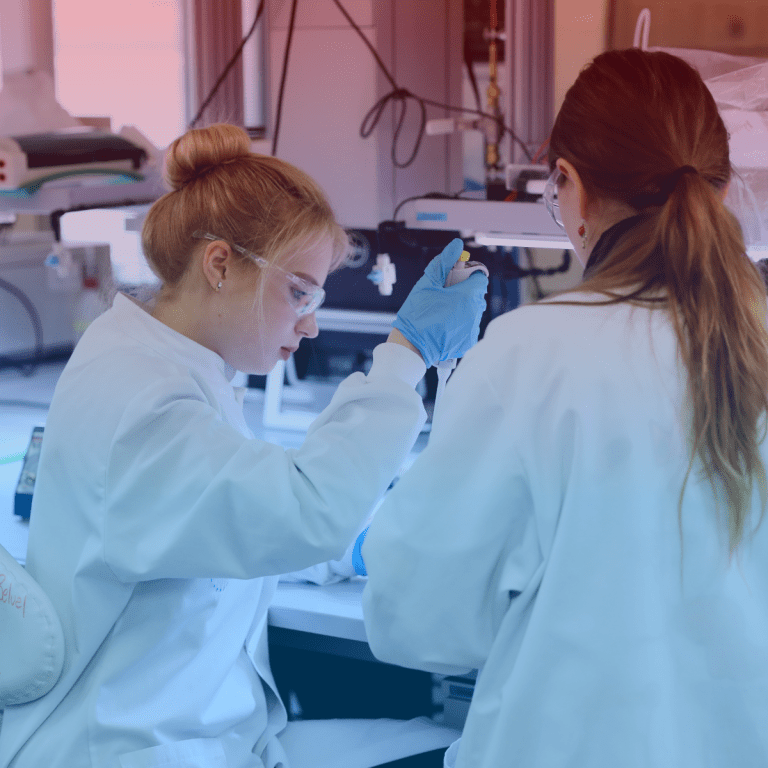Cancer Research in Luxembourg
Promoting well-being and ensuring healthy lives for people of all ages are crucial for a thriving society. Luxembourg is dedicated to leading the way in building a strong health, medical, and biomedical ecosystem.
The country has positioned itself as a significant player in cancer research and oncology. Driven by the ambition to advance global cancer treatment and improve patient outcomes, Luxembourg’s commitment is reflected in substantial investments in research infrastructure, fostering international collaborations, and nurturing scientific talent.
Pioneering Cancer Research
In the field of cancer research, Luxembourg’s focus areas include immuno-oncology, neuro-oncology, the tumour microenvironment, tumour metabolism and tumour genetics. As other research sectors in the field of Personalised Healthcare, Luxembourg is using data as common thread for revolutionising health.
Innovative Tailored Treatment
Developing new therapies – through understanding cancer biology at the molecular and cellular levels – with tailored treatments to individual patients based on genetic, environmental, and lifestyle factors.
Early Detection and Diagnosis
Developing cutting-edge diagnostic tools for early detection of cancer, significantly improving survival rates.
Collaboration and Knowledge Sharing
Promoting interdisciplinary partnerships with international research institutions and private companies, fostering an exchange of knowledge and best practices.
Translational Research and Digital Health
Knowledge generated from patient data analyses enables personalised medicine, also referred as precision medicine, which implies tailoring medical treatment based on a predicted response for one individual. The ultimate goal of this approach is to be able to define the right treatment track for the right patient.
Over the past years Luxembourg has continuously been building a comprehensive ecosystem where innovative health research is flourishing, and can interact with healthtech companies and hospitals.
Generating Interoperable Data: The CLINNOVA Project
To achieve this goal, the availability of clean, interoperable data – biomedical data derived from blood and tissue samples, for example, but increasingly also digitally captured data – is essential.
A key project in this context is CLINNOVA, which involves clinicians and researchers from Luxembourg, France, Germany and Switzerland working on realising the benefits of precision medicine for treatment decisions through data federation, standardisation, and interoperability.
All samples are shipped to the Integrated BioBank of Luxembourg (IBBL) for processing, and then forwarded to the project partner in charge of that specific type of samples. The data generated is highly standardised and fed into a federated data space.
Prof. Ulf Nehrbass, CEO of the Luxembourg Institute of Health (LIH)
While this approach is crucial for facilitating high-quality cross-border studies, it is also key to unleashing the power of artificial intelligence in health. Indeed, AI training on non-structured data has proven to be very difficult. AI algorithms need to be developed based on clean and structured data sets to be able to provide relevant insights.
With the CLINNOVA project, the idea is to make this data available for both public and private sector research. With the help of the Luxembourg National Data Service (LNDS) as health data is particularly sensitive, the high-quality databases will enable to use AI in a fast, affordable way and identify new healthcare solutions that will fit the medical systems of the next 5-10 years.




















